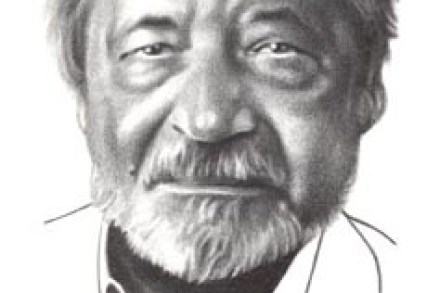Whitewater Rafting
Whitewater Rafting: a poem Whitewater Rafting Bone-domed, wet-suited, that New Zealand day, six of us in a dinghy diced with death. Twenty-five rapids made us hold our breath. The snowmelt river took our breath away. Eleven miles of turbulent, freezing foam, floodwaters from the glacial Southern Alps with granite canyon walls threatening thin scalps —





